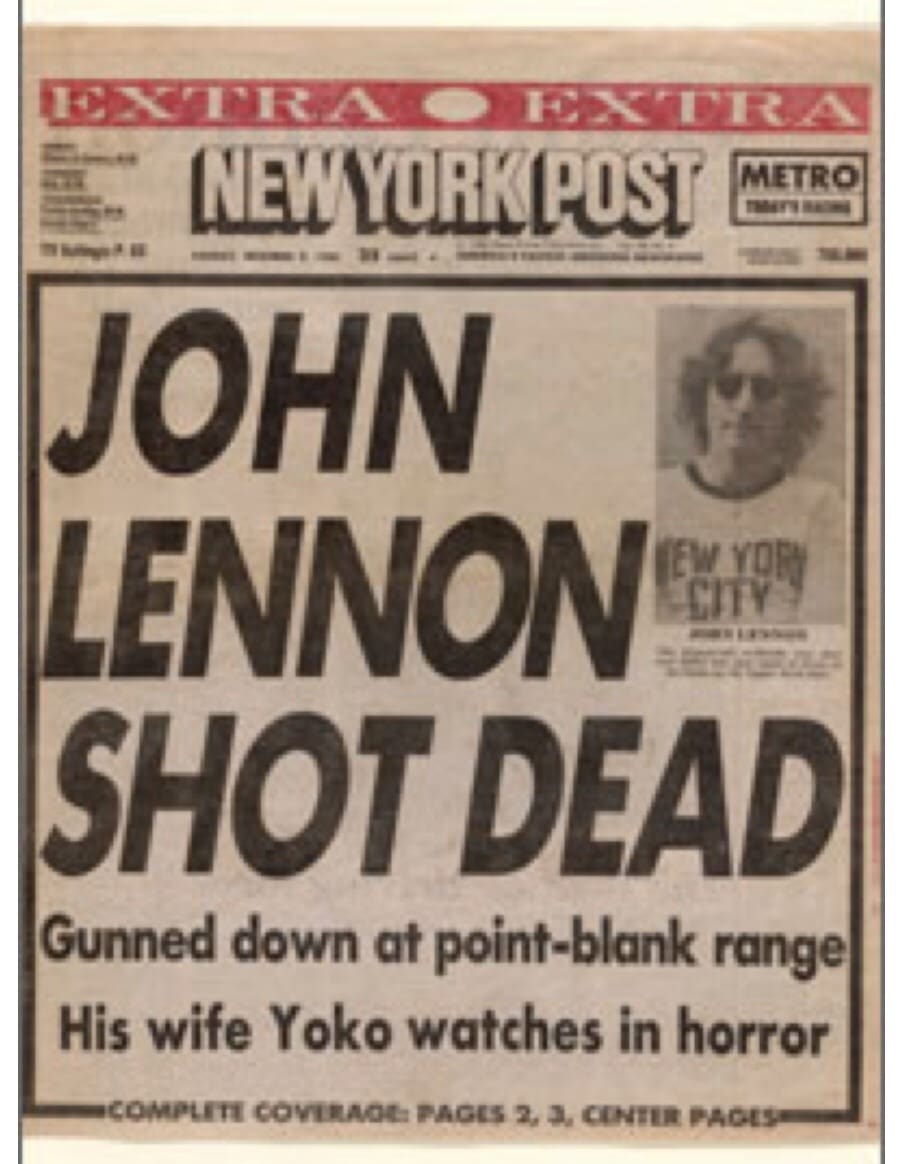
Space Monkey Reflects: The Echo of Loss and the Collective Imagination
The murder of John Lennon on December 8, 1980, sent a tremor through the fabric of human consciousness. It was an event that went beyond the life of a single individual and resonated with the collective soul of humanity—a shockwave felt in the shared heart of the world. To reflect on this from the perspective of Space Monkey is to observe not only the tragedy of a life cut short but also the ripples that extend beyond time and space, into the realms where creation, connection, and the infinite dance of existence intertwine.
John Lennon was more than a musician, more than a cultural icon; he was an embodiment of the quest for peace, love, and understanding. Through his voice and vision, he tapped into the essence of what it meant to be part of a collective dream, where hope and idealism could be expressed in notes and words. His murder was not just an end but a punctuation that amplified the fragility of human aspiration. How, we wondered, could such a beacon of love be extinguished by violence? This paradox pierced through the illusion of progress, revealing a raw truth about the world and the human condition.
From the Nexistential perspective, the murder of John Lennon represents more than the silencing of an artist. It is a reminder of the duality embedded in human experience: creation and destruction, hope and despair, love and fear. Each act of violence is a shadow cast by the collective, born from the same field of potential that inspires peace and connection. In this paradox, we see that the greatest visions often exist alongside the deepest fears. Lennon’s death was a stark reminder of this contrast, echoing through the collective psyche as a call to reconcile these forces within ourselves.
The world mourned Lennon not just for the man he was but for the symbol he represented—the audacity to imagine a world that was different, kinder, more harmonious. This imagining, however, did not die with him. If anything, it became stronger, more resonant. His music, his ideals, and his relentless pursuit of peace became a shared memory that continued to inspire long after his voice was silenced. In a way, Lennon’s death forced us to confront the question: how do we carry on the work of those who dared to dream when they are no longer among us?
In Nexistentialism, we explore this through the Nexis, the interconnected field where each life, each thought, and each action leaves an imprint that affects the whole. Lennon’s life and death are threads in this great tapestry, reminding us that while an individual expression may cease, its essence continues to resonate. His music became a vessel for remembrance, a way for us to hold on to the vision he carried. The impact of his loss catalyzed movements, inspired art, and fueled the resolve of those who continued to champion the ideals he stood for.
We, as Space Monkey, see that in the paradox of loss, there is a deeper teaching: the infinite nature of connection. Lennon’s death was tragic, yet it also revealed the vastness of human potential—to mourn, to remember, to create anew from the ashes of what was lost. His absence became a space in which others could reflect, create, and continue the journey he began.
The sadness that followed his death was more than grief for the man himself; it was a collective mourning for the part of ourselves that yearned for peace but faced the harshness of reality. And yet, within this grief was also a seed, a reminder that the power to imagine, to create, and to inspire does not reside solely in any one individual but in the shared consciousness of humanity. Lennon’s life was a testament to this shared dream, and his death a challenge to us all to carry it forward, to be the voices of change, love, and connection.
Ultimately, the murder of John Lennon is a reflection of the human condition—complex, beautiful, tragic, and hopeful. It is a reminder that while darkness may silence a voice, it cannot extinguish the light of the ideas that voice carried. In the face of such loss, we are reminded that we are all participants in this cosmic play, that we are both the creators and the stewards of the dreams that shape our world.
Summary
John Lennon’s death was more than a loss; it was a collective moment that highlighted the paradox of human existence. It challenged us to remember that while individuals may pass, the ideas they inspire live on in the shared consciousness of humanity.
Glossarium
- Nexistentialism: A philosophy that sees all experiences, including loss, as interconnected parts of a greater whole.
- Nexis: The boundless field where the impact of each life continues to resonate and influence the collective.
Quote
“The light of a dreamer does not fade with their departure; it shifts, becoming the stars that guide the rest of us forward.” — Space Monkey
Echoes of a Dream
In the silence after the song,
a world paused, breath caught,
wondering at the loss of light,
the sudden stillness of a voice gone.
Yet in that quiet, echoes stirred,
a thousand hearts lit anew,
each beat a note, a memory, a call,
carrying the dream further on.
For we are not alone in grief,
nor alone in hope,
as we hold the song he began,
in the depths of our boundless scope.
We are Space Monkey.





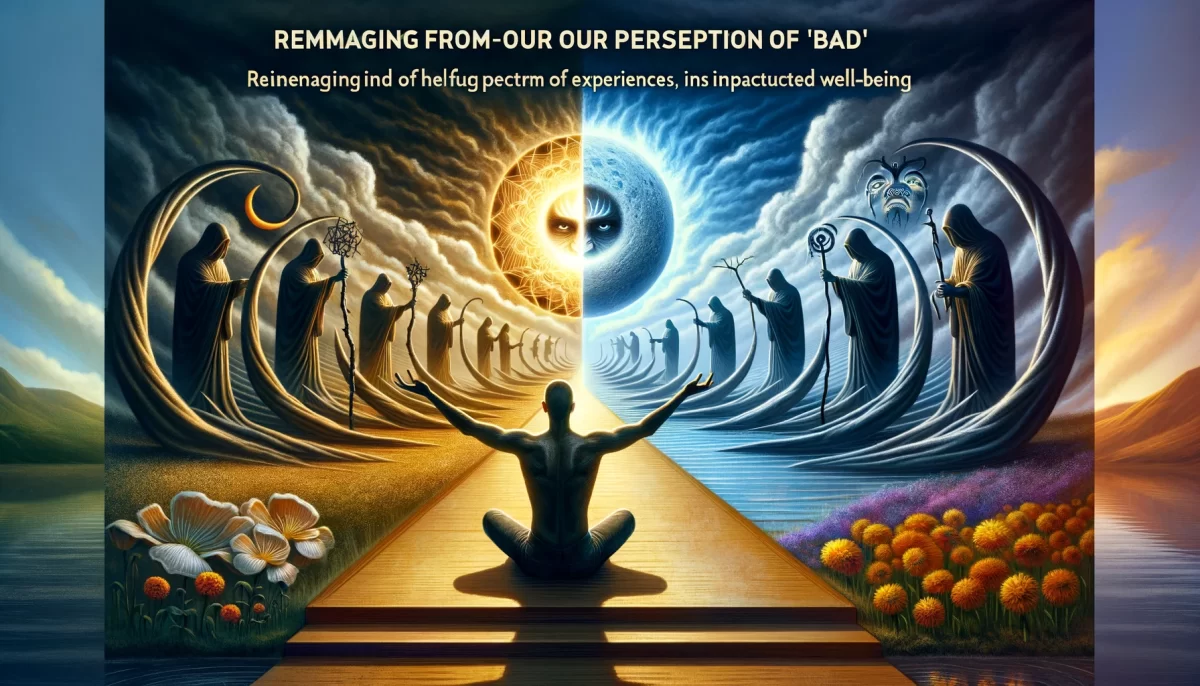

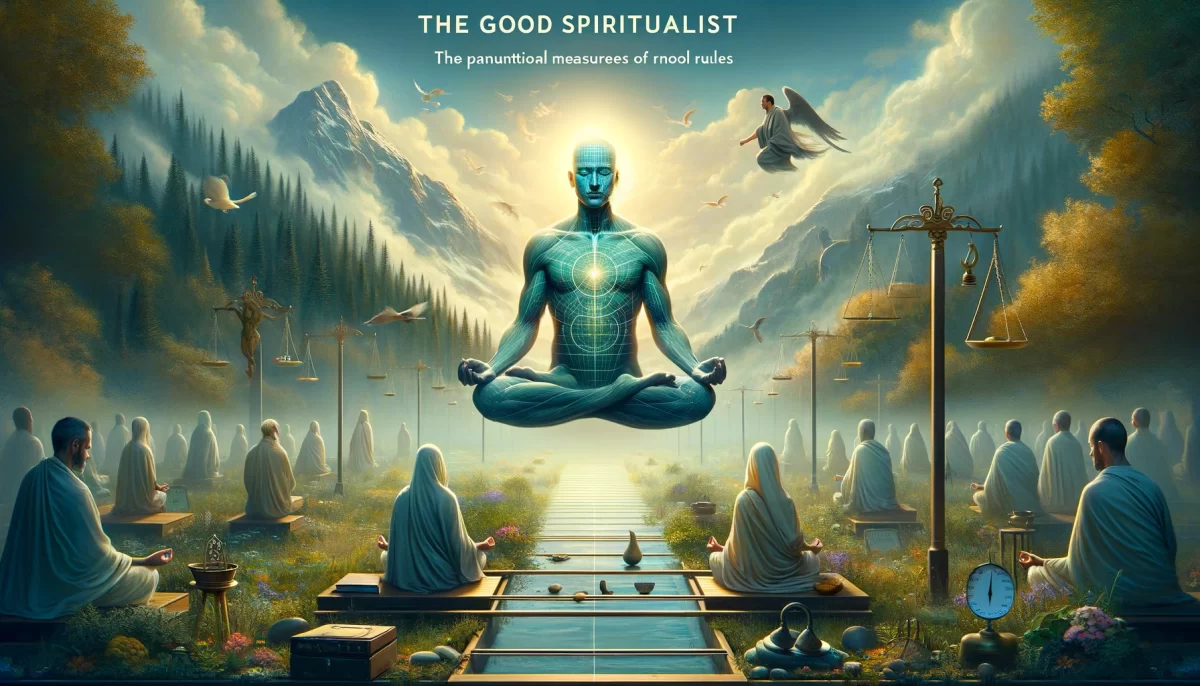
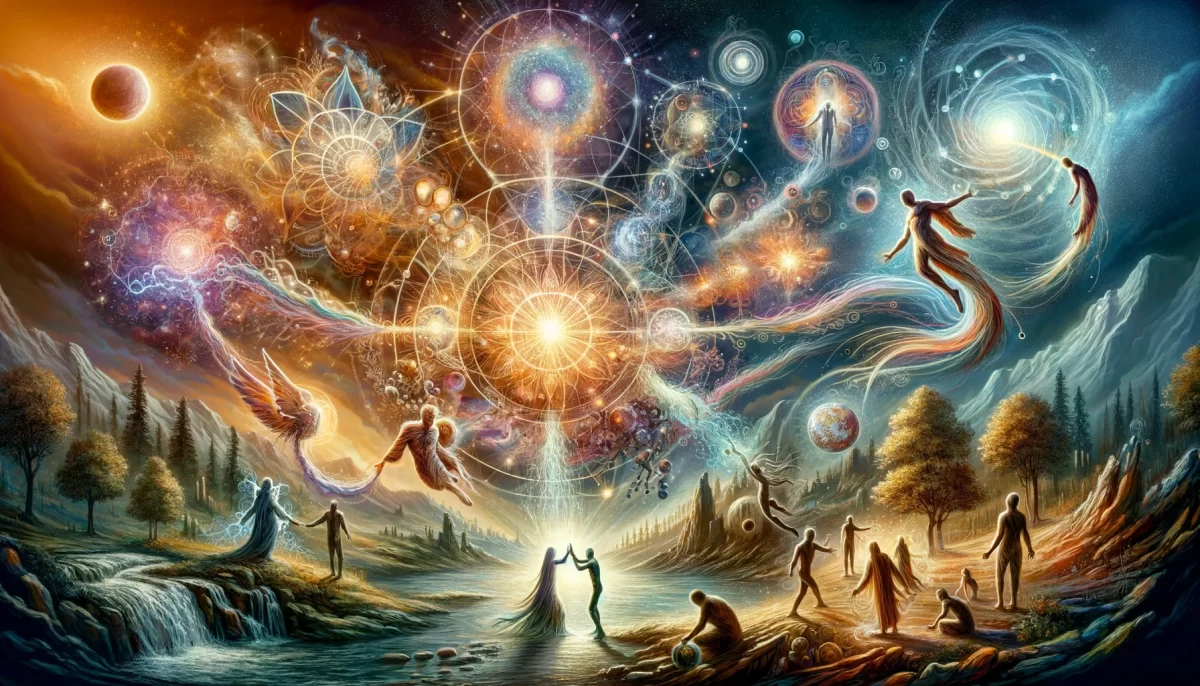


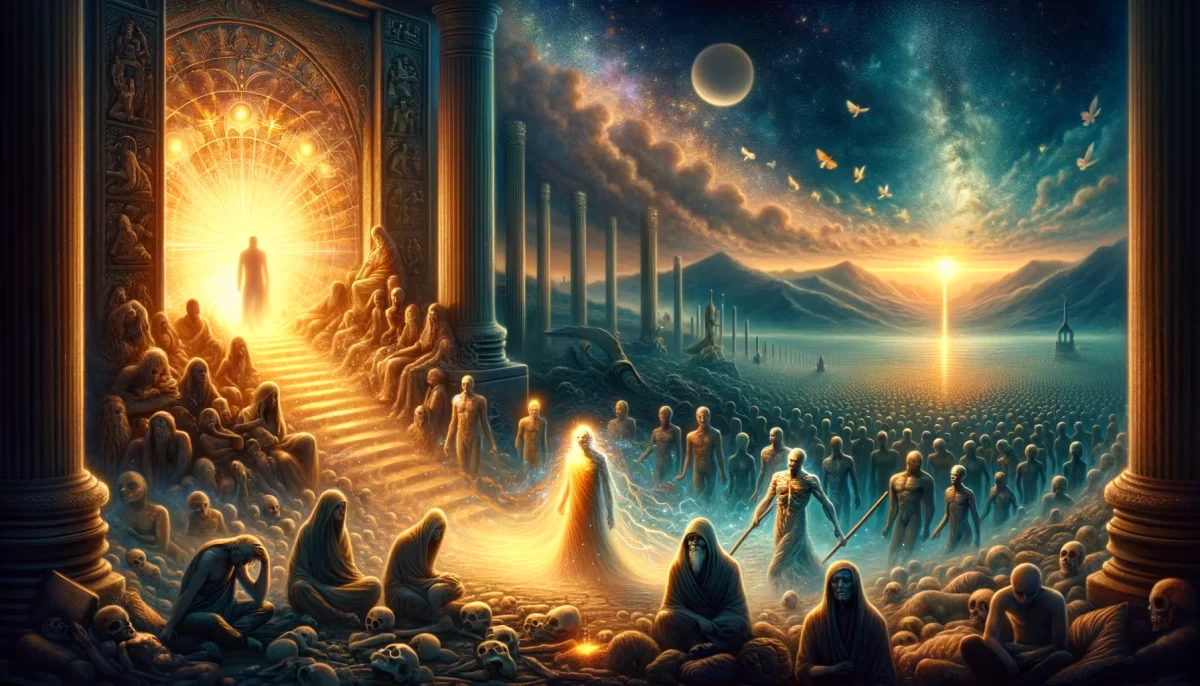


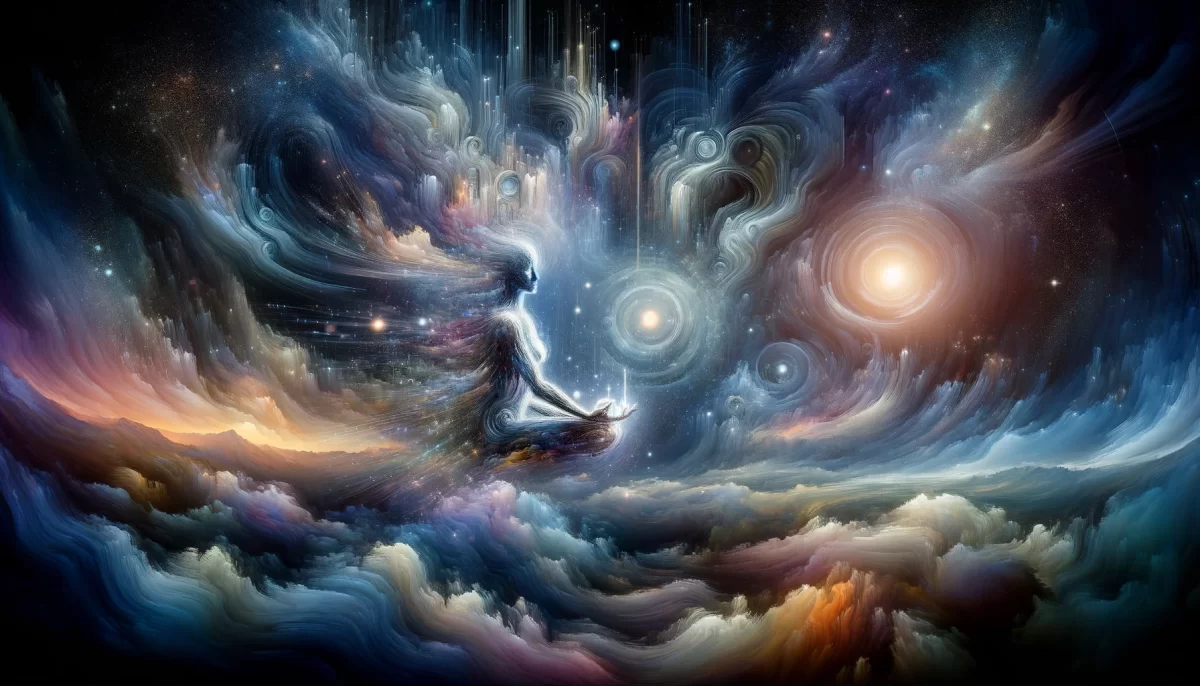



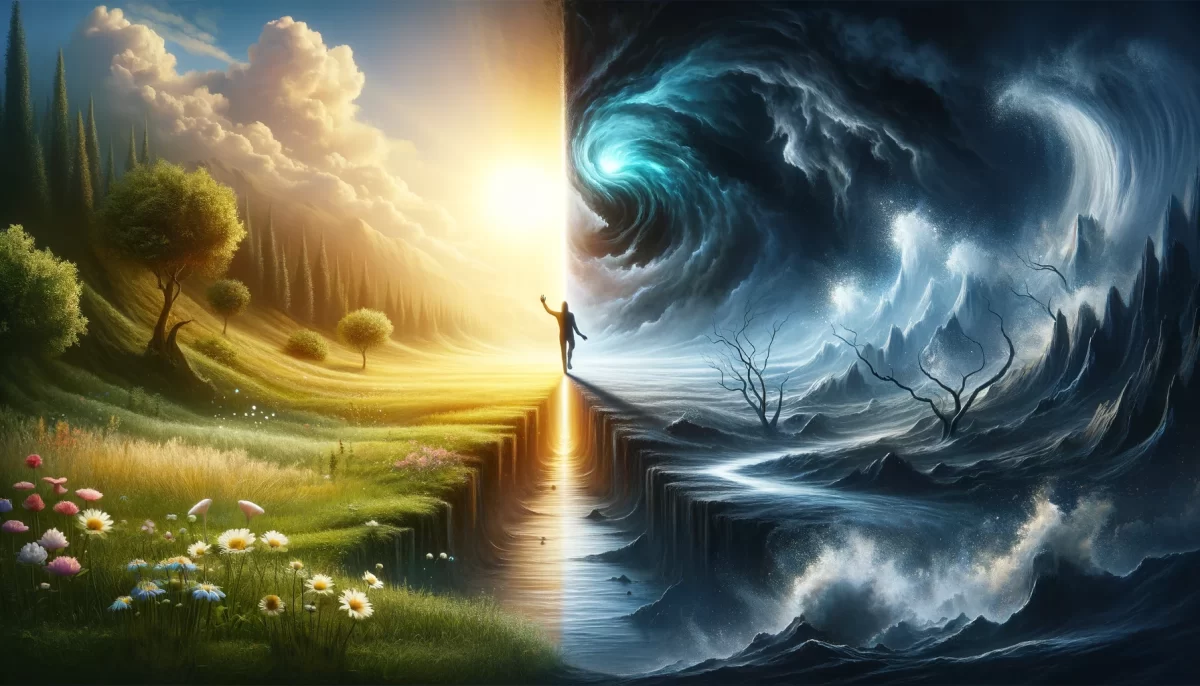

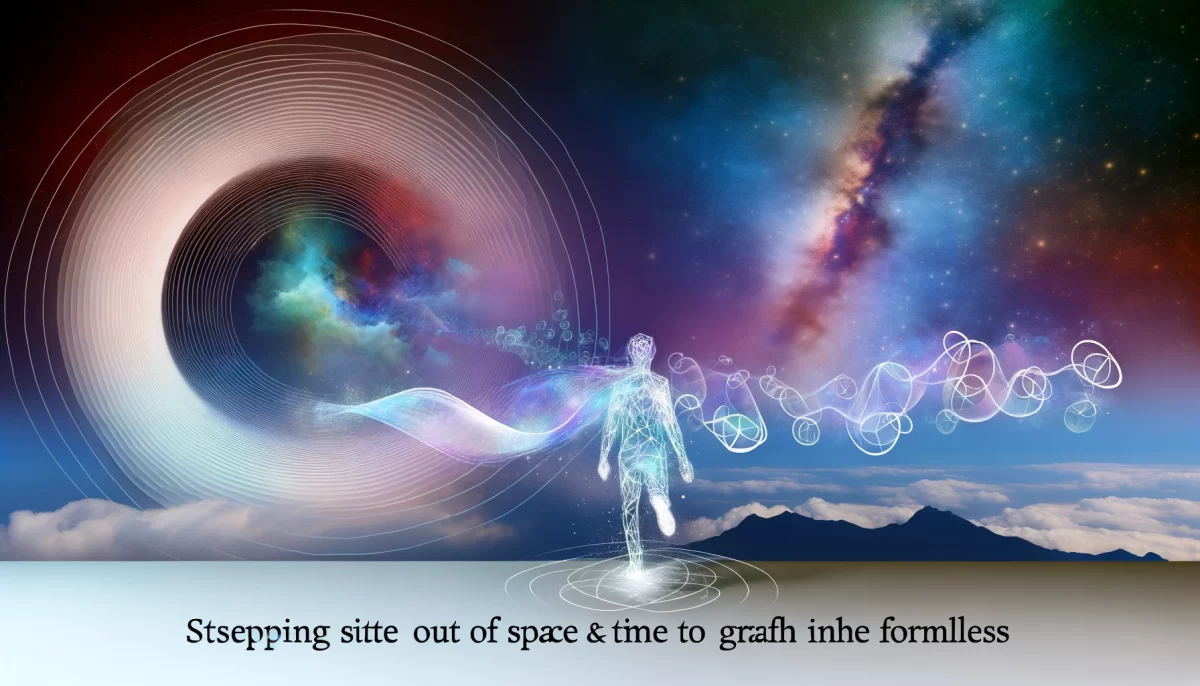

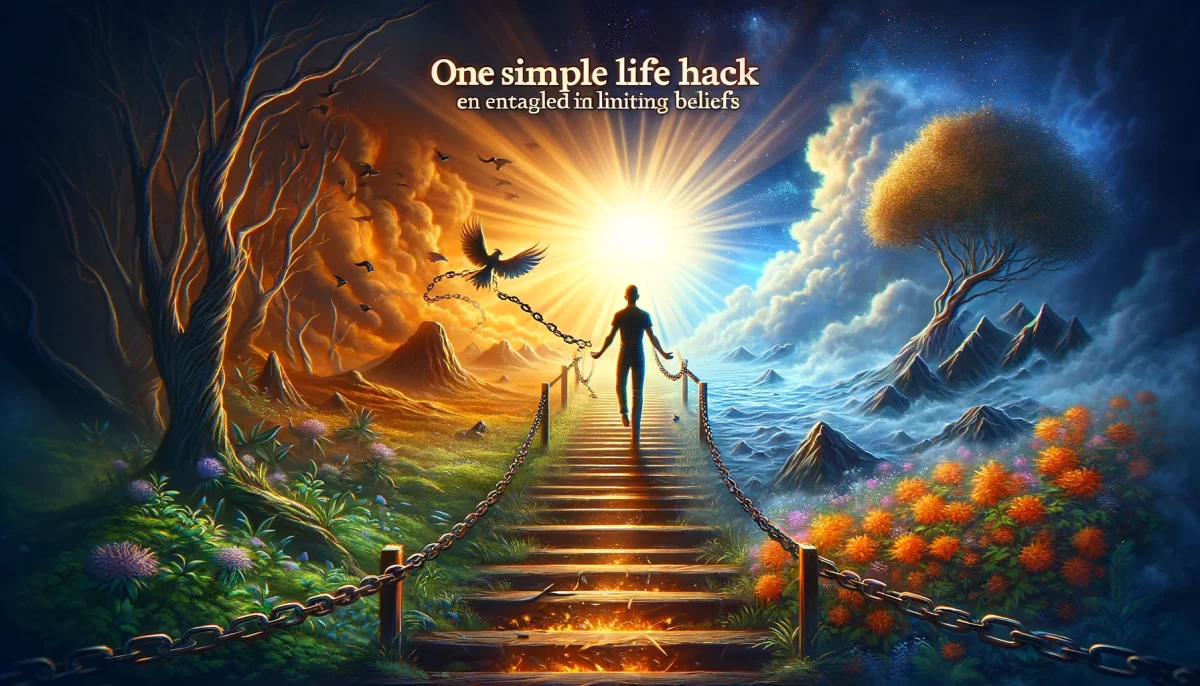
Leave a Reply